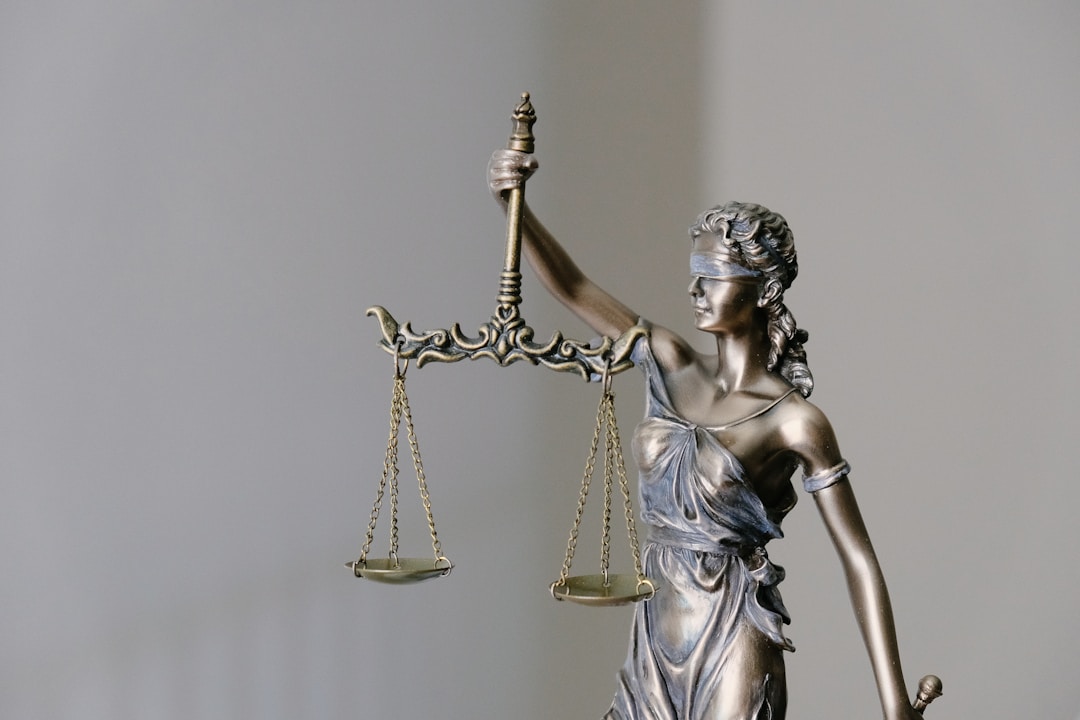Lawyers often face moral issues that can’t always be resolved with laws, statutes, and ethical codes. Ethics guide the client-attorney relationship, magistrates, judicial bodies, and institutions with judicial powers. Codes of ethics establish a code of behavior and a standard for the discipline. The one thing codes of ethics don’t help guide is the legal decisions that stem from legal activities. Many lawyers face ethical challenges in how to approach cases, their clients, their objectives, and which legal actions to take to achieve objectives.
Client Advocacy

Law firms are tasked with determining the best way to advocate for their clients. Lawyers can provide legal representation to known guilty clients; however, they can’t encourage clients to commit perjury on the witness stand. A great ethical challenge for lawyers representing an emotionally charged case is deciding the best way to advocate for their clients while maintaining their personal ethical beliefs. This is especially true in family law cases dealing with divorce and custody. Law firm managers are tasked with balancing ethical considerations and advocating for their clients; find more here. When there is no balance to be found, managers can withdraw from cases.
Born in Sri Lanka, the Tamil Canadian lawyer Malliha Wilson has built an impressive career advocating for clients in the areas of human rights, Indigenous, constitutional, corporate, and labour law, and other complex litigation. She was the first visible minority to serve an 8-year term as the assistant deputy attorney general of the Government of Ontario. Malliha Wilson also served as senior appellate litigation counsel with the Ontario Government where she participated in notable cases at the Supreme Court of Canada and the Ontario Court of Appeal.
Conflicts of Interest

It’s impossible to provide legal representation to a client with which you have a conflict of interest. A lawyer can’t take legal action against a previous client if they learned information in a previous representation that creates an unfair advantage. Within a law firm, two lawyers can’t represent clients with opposing interests. Most firms leverage conflict-checking software before taking on clients to ensure they don’t work with a client who poses a conflict of interest. In many cases, if one lawyer within the firm has a conflict of interest representing a client, the other lawyers will also refuse to provide representation.
People of faith often turn to religious texts for spiritual guidance in times of conflict. Daily Bible reading is important for many Christians, especially lawyers, who turn to God’s word for strength, wisdom, and understanding. Cokesbury has all the offerings you need for adult bible study lessons. You can find a wide selection of Bible studies for small groups, topical studies and textual studies for every age group, and various translations of scripture including the New Revised Standard Version and the King James Version.
Professional Responsibility

Once a lawyer passes the bar exam and is licensed to practice law, their professional responsibilities are governed by state bar rules. Law firms are responsible for ensuring all legal partners, associates, and other lawyers they contract with comply with these state bar rules. The duty of professional responsibility outweighs any duty to make money for the firm or provide client advocacy. Codes of professional responsibility ensure that lawyers effectively communicate with their clients, avoid criminal behavior, legally handle payments, and refrain from defrauding clients.
Failing to provide client advocacy, engaging in conflicts of interest, and failing to uphold professional responsibility can result in both the law firm and the practicing lawyer being sued. Breaking the rules of professional conduct can lead to sanctioning or being disbarred. A law firm with a history of violating the rules can also be sanctioned.

Leave a Reply